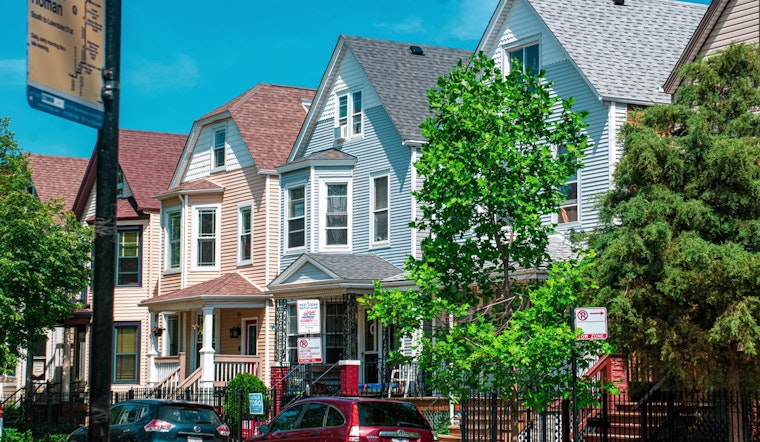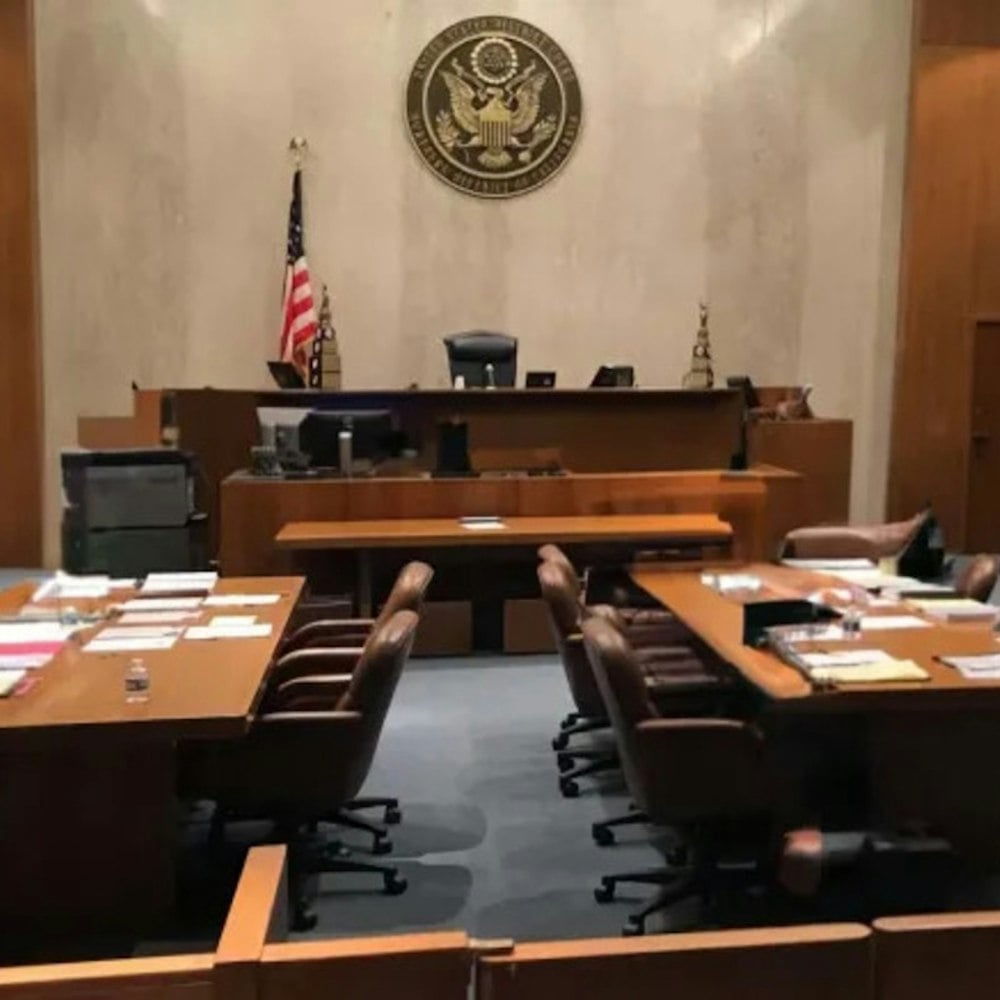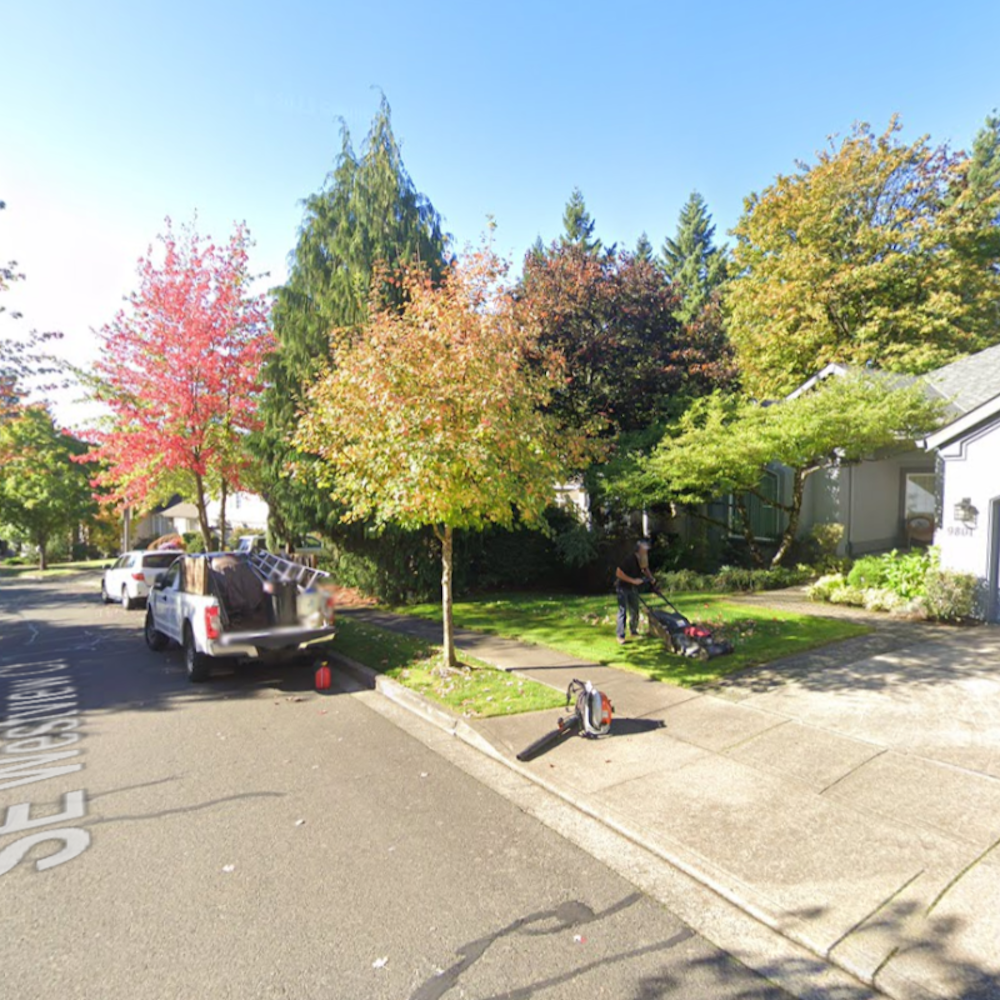
Residents of DuPage County can breathe a sigh of relief as the Illinois Department of Revenue announced a stable property assessment landscape for the year 2023. The county has been issued a final property assessment equalization factor of 1.0000, proclaiming that property values are being assessed fairly and uniformly across the board. David Harris, director of the IDOR, confirmed that this "multiplier" ensures comparable properties across Illinois will shoulder their rightful slice of the tax burden.
The equalization factor's purpose, a benchmark aimed at ensuring uniform property assessments among counties, is key to preventing inequities among taxpayers. In the case where some local taxing districts sprawl across multiple counties, nuances in assessment could lead to stark contrasts in tax responsibilities for similar properties. It's a component of the system set in motion since 1975—aiming to assess properties at one-third of their market value. According to a release from Illinois.gov, DuPage County's assessments are at 33.24% of market value, reflecting sales from 2020 to 2022.
Compared to last year, this year's 1.0000 multiplier is no change, indicating consistent evaluation practices by the county supervisor of assessments and the county assessor. The process, meticulous in nature, involves comparing individual property sales over the last three years to the assessed values. Adherence to this detail-driven method not only standardizes assessments but also underpins the integrity of the tax system.
However, the application of the equalization factor doesn't inherently signal a recalibration of total tax bills. The multiplier's influence touches only upon how the pie is divided, not the size of the pie itself. This distinction is crucial — a change in the equalization factor does not mean total property tax bills will increase or decrease. "Tax bills are determined by local taxing bodies when they request money each year to provide services to local citizens," the Illinois Department of Revenue's statement further elaborates. These decisions, made annually, are the true determinants of whether property owners will have to dig deeper into their pockets from one year to the next.
With the assessment equalization factor maintained at 1.0000 for DuPage County, individual taxpayers—at least from the standpoint of the equalization process—are assured that their share of the tax burden remains untouched by the multiplier's hand. It's a salient reminder of the intricate workings of the property tax system, a balancing act of assessments and services, ensuring every player brings their equitable contribution to the table.









